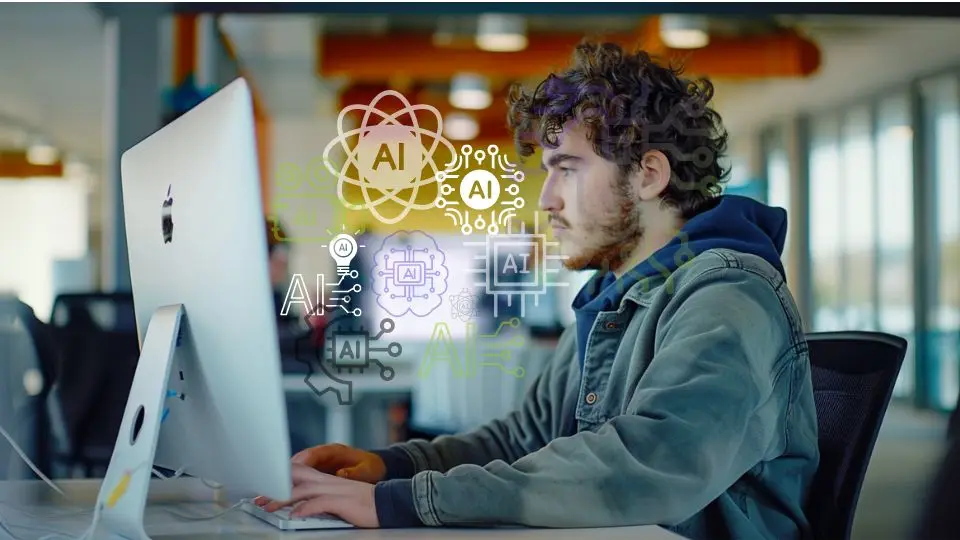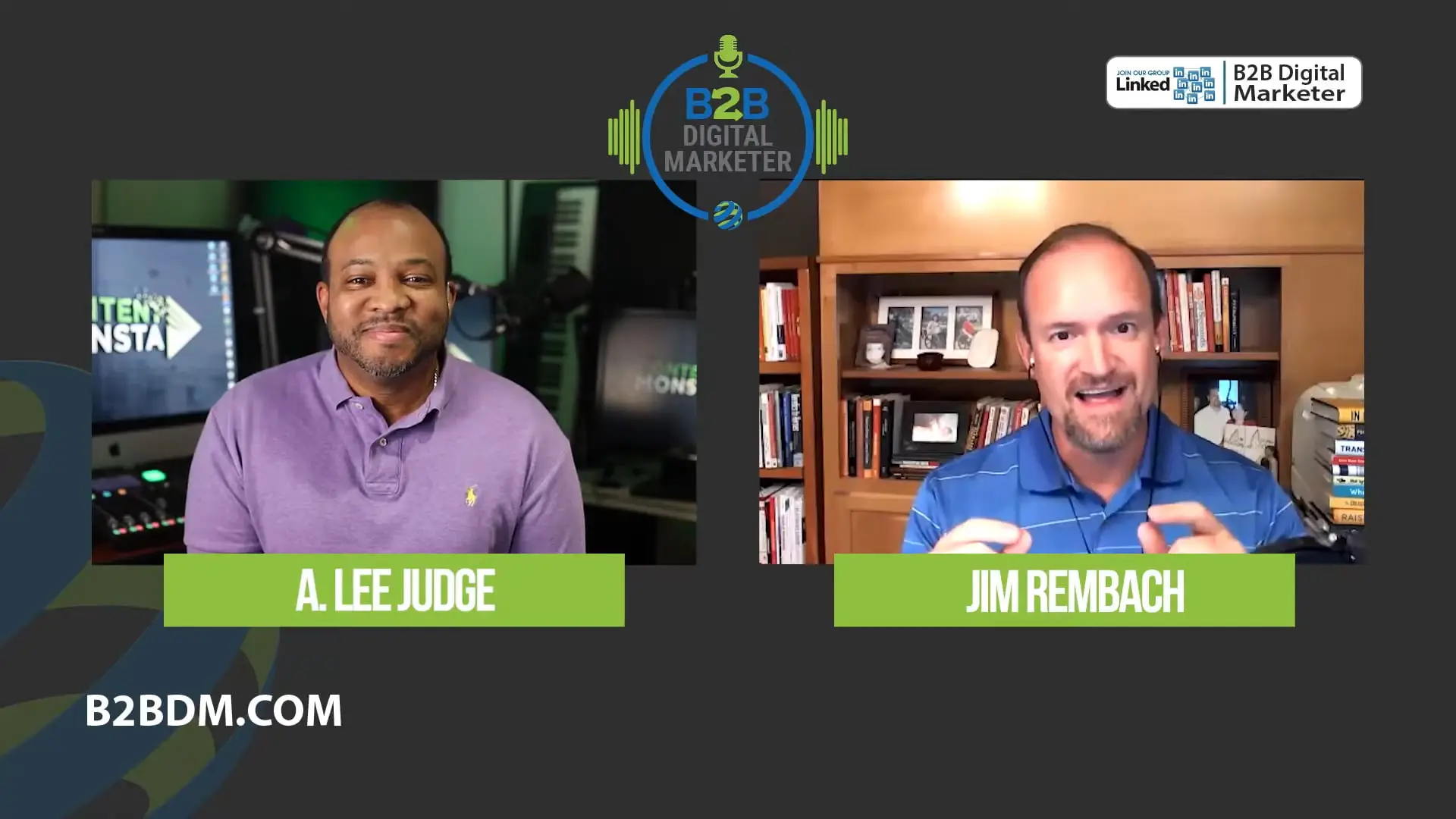If your company is considering using AI, one of your first questions will be, “Who will learn this stuff?” Then you may ask “Where do we start?” Or “Which tool do we use?” AI (Artificial Intelligence) is absolutely the most revolutionary innovation to impact our work, business, and even personal lives in decades. But as long as humans remain in charge, it is still something that should be considered a tool. A tool designed to help us do things better or more efficiently. But the questions remain…

How Do I Start Using AI?
I was recently at a conference and most of the breakout session presenters had some type of slide that showed the AI tools that they were using or suggesting to help viewers take action on what they were teaching. Then I saw a pattern arise after watching the Q&A session of each presentation.
After seeing the wall of logos from AI powered companies, many in the audience were both inspired by the opportunity, but discouraged by the work that was ahead of them to learn how to use all of these tools. It was as if they were inspired to buy a new home and someone just showed them the latest innovations in power tools.
They want to get things done, not spend time learning tools.
As an agency owner, it actually gave me some relief into how AI would impact us. We spend hours studying the latest technology each week. The purpose for us is to learn how to become more efficient for our customers. We do not shy away from saying that we use AI to deliver for them. In fact we are happy to tell them that we are studying all of the tools so that they don’t have to. Studying AI for efficiency is a part of our weekly research and development.
So unless you are working with a company like Content Monsta and paying them for the time to research what tools to do the job efficiently and how to use them, this is where you start. You start with research.
Start researching what parts of your company, tasks, or productivity are jobs for AI by asking these questions.
- Where could you use an extra “brain”?
- What are you spending time analyzing that could be done faster?
- What are you creating that could be done faster with the assistance of AI?
- What math, writing, or creative tasks can we improve?
- What experts are we missing in our company?
- Where could we benefit from fast extraction and summary of the data we already have?
Now that you know where to start, next you need to understand which tools to use.

Which AI Tools Do I Need?
The AI tools that you use in your business activities depend on the goals that you are trying to accomplish. Each day, new tools are being developed specifically for your industry and the tasks that you do. After answering the questions above and you know where to start, then research which tools best do those specific tasks. Once you start looking, you undoubtedly will find an avalanche of tools claiming to be your AI savior.
At this point it is important to know that most of these tools will be using one of the major AI “engines” under the hood. Companies like OpenAI, Google, and Anthropic have APIs (computer connections) that allow them to be the engines for many of the new AI software companies that pop up. So it is important to know that the innovation lies under the hood, not in their marketing claims. This also means that some of these shiny tools will come and go within months. You can’t depend on them for your long term business plans. The solution to this again lies in the research and development that you or your agency need to do in order to make sure that you invest in the right tools.
So which AI tools do you need? You need the ones that are the most stable in development, go deep into serving specific tasks, and are designed to do that specific task well. Something that we have learned in our research at Content Monsta is that even though many AI platforms have become “multi-modal” meaning that they can do text, images, and even audio – none of them are the best at all of those tasks. We use separate tools for each task to get the best outcome.

Who Should Learn How to Use AI In My Company?
Now that you know where to start and how to find the right tools, the final question would be who in your organization will be tasked with learning each of the tools that would best serve each of the tasks in your organization or project.
Returning to the vision of the dazed audience looking at the wall of AI logos, I found comfort in knowing that service companies like mine would still be in business for a long while throughout the AI revolution. The reason is, because someone has to answer all of the questions, choose all of the tools, and then use all of these tools. That’s a lot of work. Just like knowing about the latest construction tools doesn’t get me a house, knowing about all of the available AI tools doesn’t help you get your job done. It just give you a new job of learning AI.
So, who should learn AI in your company? This depends on two factors.
- Have you identified productivity gaps that each person in your company can fill with AI? If you have done this, then the answer is “Everyone”. Everyone should learn AI to become more efficient in their jobs.
- Do you have specific projects or deliverables outside your team skillset? If so, you would be better off letting an outside agency use the AI tools. Just as you would hire a homebuilder rather than learning about the latest power tools. You can’t afford to spend time in power tool research and development when the agency does that as a part of their job. Spending time on AI tools would be inefficient to learn in-house.
At Content Monsta, we use a lot of AI in our business and creative processes. This allows us to reach both Quality and Quantity in our output of content for our customers. Beyond creative output, it allows us to develop better content strategies for our customers by quickly learning about their target audiences so that we can create engaging content.
If you are tired of trying to keep up with all of the AI tools that you see in the content marketing world, we are here to help make that job more efficient and effective for you. Give us a shout and let’s talk about it.



